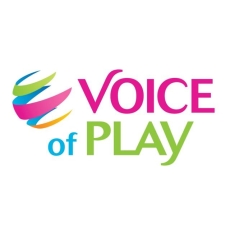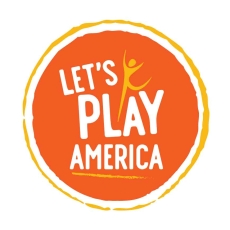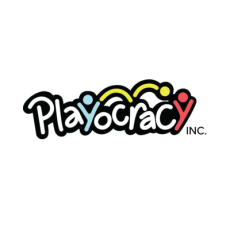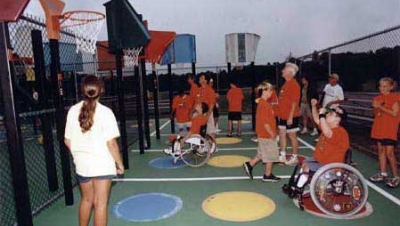Laughter. Running. Jumping. Climbing. Swinging. Sliding. When you think of a playground, you think of a happy, carefree environment. But there’s much more going on than just fun. IPEMA likes to think of playgrounds as nature’s many colorful, open, hands-on classrooms that provide tremendous learning opportunities to kids of all ages. The Voice of Play’s goal is to educate those about the benefits of play and to influence change in the way most people think about play. Play shouldn’t always be seen as a silly, extracurricular, optional activity, but rather an essential tool in a child’s development. Research shows that outdoor free play gives kids many valuable benefits, including the development of physical, emotional, social and cognitive skills.
Spotlight Search Categories











